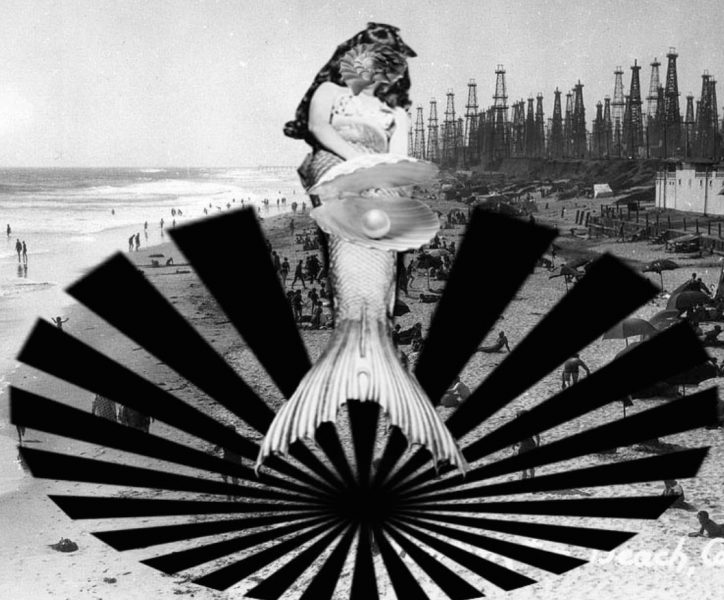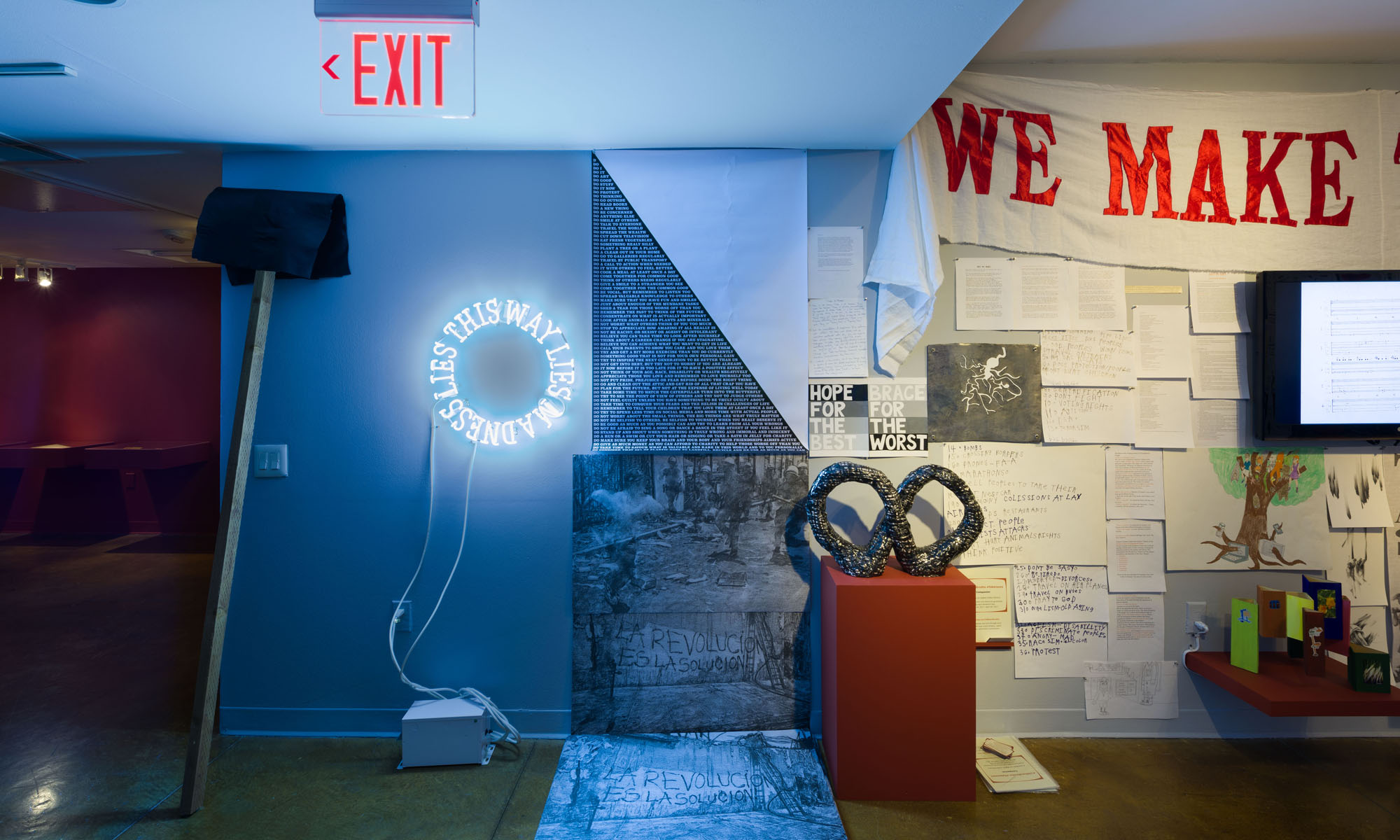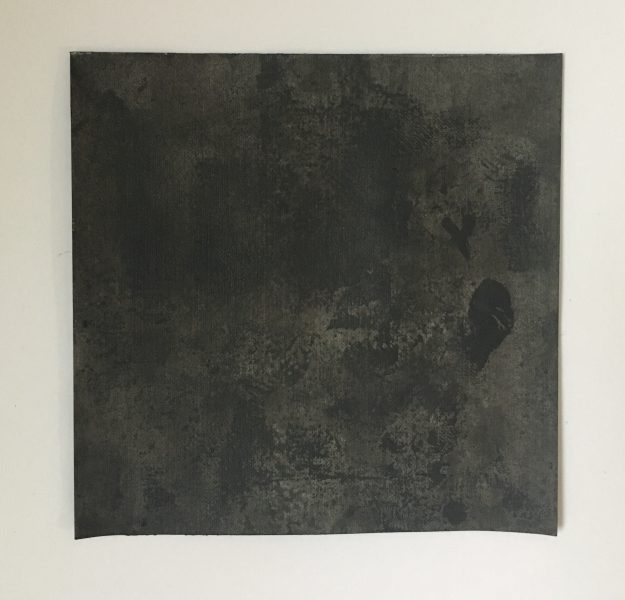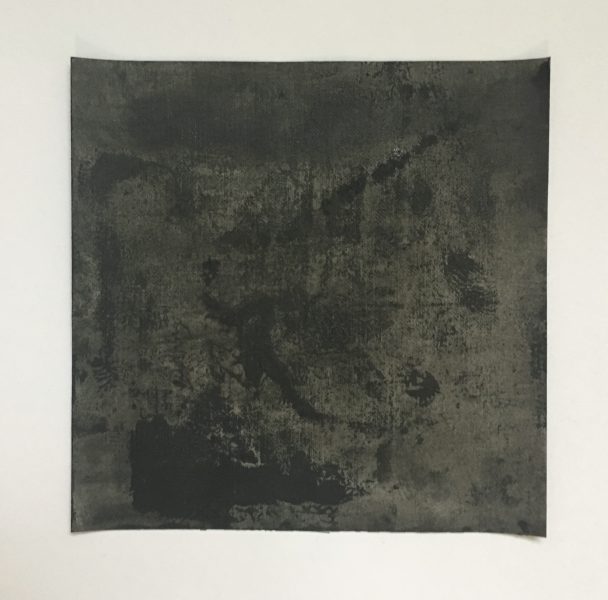to have and to need (Haben and Brauchen) Manifesto
Printed documents with set and graphic images
11 x 8 1/2 in. (Ten prints)
Liat Yossifor
Lisa Anne Auerbach
Hope for the Best, Brace for the Worse (2017)
acrylic on paper
12 x 9 in. (2 pages)
Lisa Jevbratt
We is a mapping of a genealogical network, connecting the artist with a woman awaiting execution in a US prison. The artist and prisoner are distant cousins, they share a great grandmother, Maria Arpad of Hungary (1257-1323). Maria is in the center of the mapping and the names of her descendants radiate from her, connecting each child to their parent.
Genealogy is an international pastime of huge proportions. Every day more of us know exactly how we are related. Will this acute awareness of our interconnectivity change how we judge people whose lives are very different from ours? If we knew that a cousin, even if distant, had committed a violent crime, would we feel guilt towards their victims? Would knowing how we are related to the perpetrator influence how we want them to be punished?
The genealogical data is borrowed from geni.com – a crowd-sourced genealogical database.
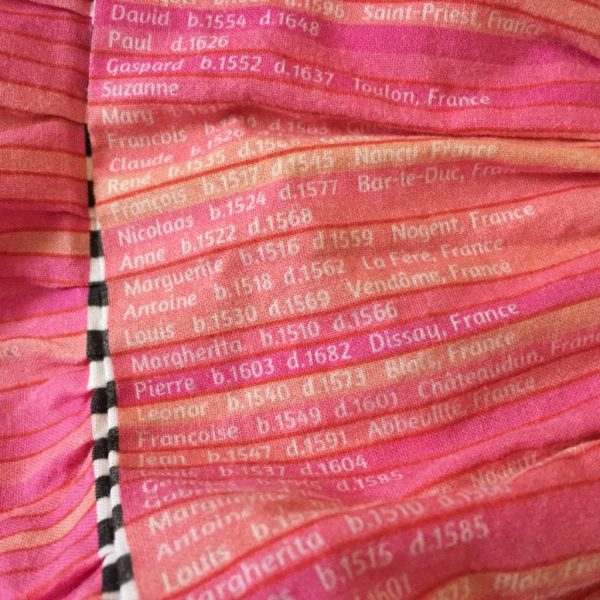
Liz Glynn
Time Does Not Equal Money (2018)
Handwritten on paper
12 x 9 in.
Liz Young
“Dying was nothing and he had no picture of it nor fear of it in his mind. But living was a field of grain blowing in the wind on the side of a hill. Living was a hawk in the sky. Living was an earthen jar of water in the dust of the threshing with the grain flailed out and the chaff blowing. Living was a horse between your legs and a carbine under one leg and a hill and a valley and a stream with trees along it and the far side of the valley and the hills beyond.”
― Ernest Hemingway, For Whom the Bell Tolls
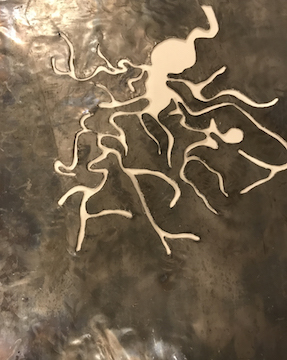
Lorenzo Hurtado Segovia
This print is mailed unsolicited to individuals and organizations in the culture, humanities, and governmental industries. The image is a maquette of Chris Burden’s conceptual skyscraper with a caption stating that concepts are not sufficient when it comes to housing.
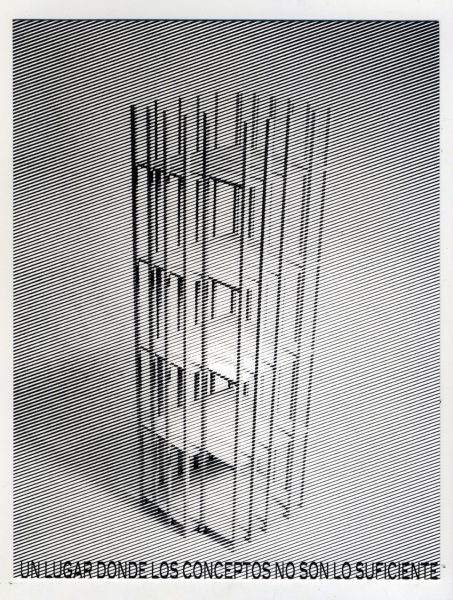
Luis Zepeda
Do Not Tell Us to Tone It Down (2017)
Compter generated image with text
21 x 15 in.
Matt Ohm
Manifesto Notes Self Guidelines of Sculpture Making (2017)
Handwritten on paper
8 3/8 x 5 1/4in.
Martabel Wasserman
We must manifest-o a future beyond the deadly combination of fossil fuels and capitalism in order to sustain life on this planet. This task will require a dramatic restructuring of society—which cannot be predetermined by a text—but will be collectively imagined through truly democratic processes. This is an open-ended text based on the belief our current dependency on fossil fuels requires rethinking how capitalism views death and the use history. It combines invocations of fossils, seashells as remains, deities and departed queer thinkers in a prayer for guidance. It invites readers to summon their own guides for support for the work ahead. We must manifest-o a world where humans, plants, animals and spirits work together for liberation of all.
